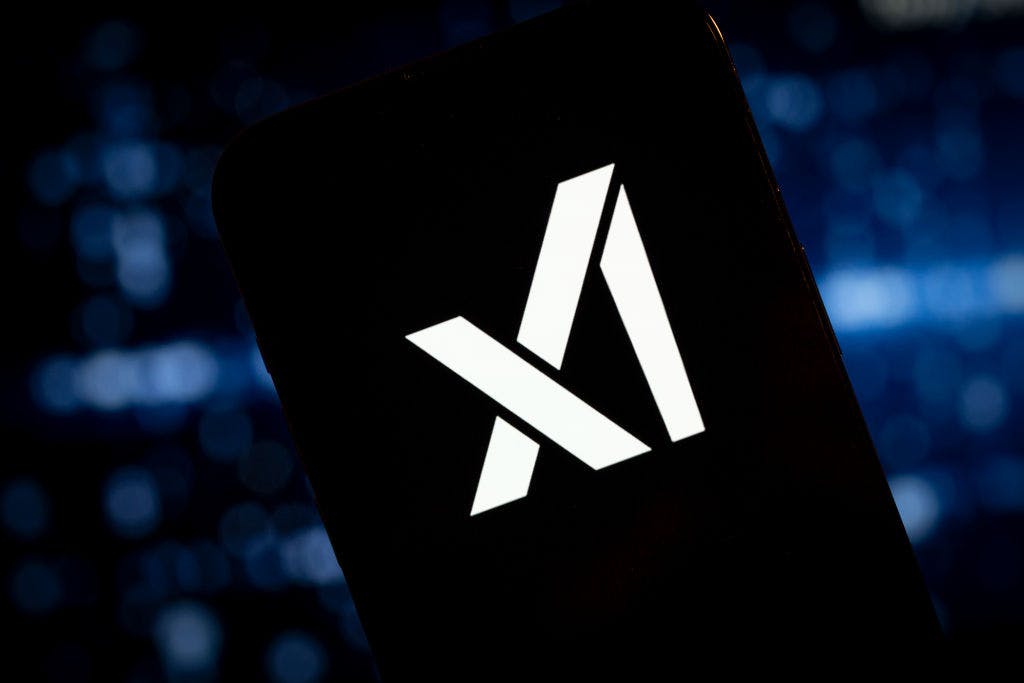Elon Musk’s xAI has raised more than $11 billion in record time
The tangled web of AI startups and their investors is throwing up conflicts — some old, some new.
Elon Musk making the news is almost routine post-election, but, even for Elon, this week’s headlines are full of some staggering figures: His $100+ billion Tesla pay package was struck down, SpaceX is reportedly nearing a $350 billion valuation, and his feud with OpenAI — the nonprofit he co-founded — has escalated, again.
Forsaking all others
Last Friday, Musk filed an injunction to halt OpenAI’s for-profit transition, accusing it of orchestrating a “group boycott” that blocked funding for his own AI venture, xAI. In October, the Financial Times reported that OpenAI had discouraged investors from backing rival AI startups during its latest funding round.
But, even if Sam Altman and co. have been forcing investors to commit to monogamy and invest only in OpenAI, you wouldn’t exactly say xAI has struggled to find backers.
In just 16 months since its July 2023 launch, xAI has raised ~$11 billion — a milestone that took OpenAI around eight years and the Amazon-backed Anthropic nearly four years to achieve. Indeed, xAI’s latest funding round catapulted its valuation to $50 billion, according to the Wall Street Journal. That surpasses Anthropic’s $19 billion valuation and the valuations of public heavyweights like Ford ($43 billion), Kroger ($43 billion), and Lululemon ($42 billion). It’s also more than the $44 billion Musk paid for X just two years ago.
Why the scramble for cash?
In 2024, if you want to compete in AI, you need to be willing to pour billions into physical stuff — AI chips and data centers: xAI’s latest $5 billion will partially fund the purchase of 100,000 Nvidia chips for its recently completed data center in Memphis. Meanwhile, Anthropic is on track to build one of the world's largest AI supercomputers, and OpenAI is expanding its footprint across the US Midwest and Southwest.
According to McKinsey & Company’s October research, demand for AI-specific data centers is projected to grow 33% annually through 2030, and could eventually account for 70% of global data center demand. TL;DR: AI is an expensive game, and xAI is leaning hard on Musk’s name to compete.
